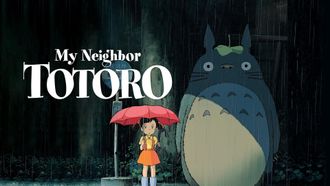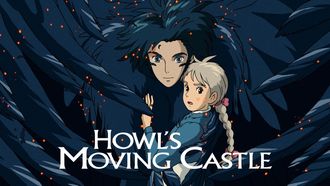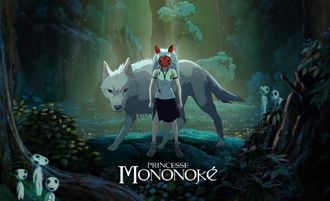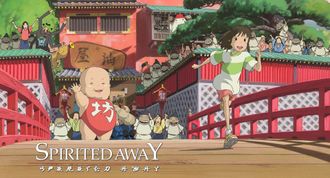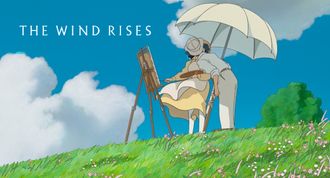Maquia: When the Promised Flower Blooms
 Vladimir Lukyanov
Vladimir Lukyanov Maquia: When the Promised Flower Blooms is a breathtaking fantasy drama about an immortal girl from the mythical Iorph clan, destined to live forever without love or sorrow. When her secluded world is shattered by war, Maquia rescues an orphaned human baby and chooses to raise him as her own—defying fate as she experiences the fleeting beauty and heartbreak of motherhood. As her son grows older, their bond is tested by time, mortality, and the harsh realities of a world torn apart. With stunning visuals and a deeply emotional score, this poignant tale explores love, sacrifice, and what it means to truly live. A directorial debut by Mari Okada, celebrated for her powerful storytelling.
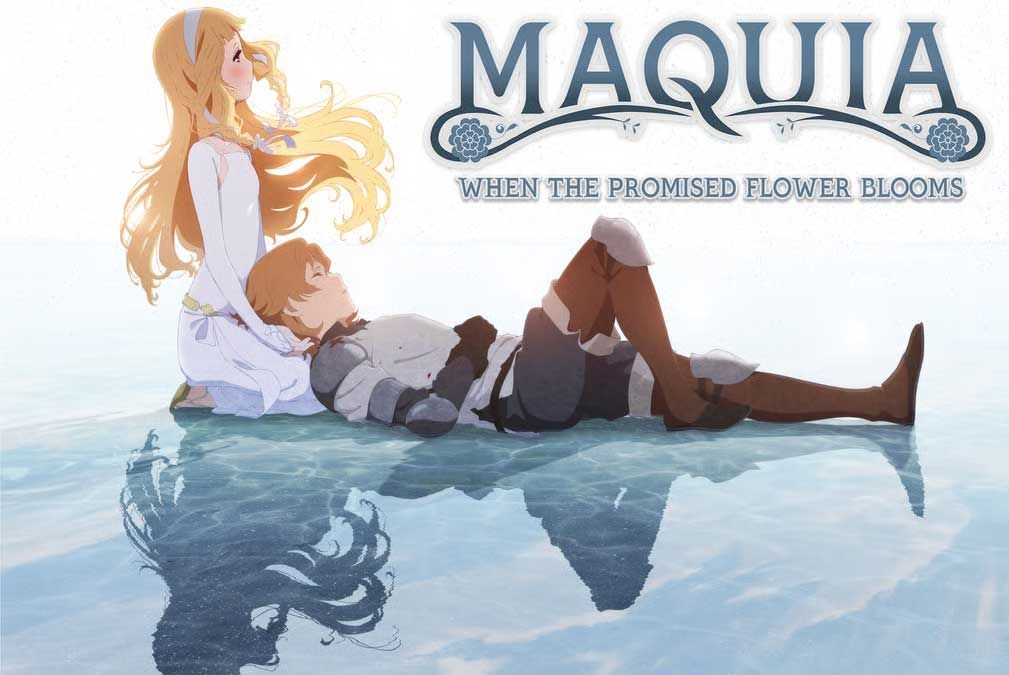
“I won’t cry. Because I’m a mother now.”
Few anime films capture the raw, bittersweet beauty of motherhood and the passage of time as profoundly as Maquia: When the Promised Flower Blooms (Sayonara no Asa ni Yakusoku no Hana wo Kazarou). Directed by Mari Okada (known for Anohana and Mobile Suit Gundam: Iron-Blooded Orphans), this 2018 fantasy drama is a hauntingly beautiful tale of love, sacrifice, and the inevitability of change.
A Unique Fantasy World with Deep Emotional Roots
The story follows Maquia, a young girl from the Iorph clan—a race of long-lived beings who remain youthful while the world around them ages. When her homeland is invaded and her people scattered, Maquia finds herself alone in a world where time moves too quickly.
In her loneliness, she discovers an orphaned human baby, Ariel, and chooses to raise him as her own. What unfolds is a decades-spanning journey of motherhood, as Maquia watches Ariel grow from a helpless infant into a rebellious teenager, then a battle-hardened soldier, and finally, an old man—while she remains unchanged.
Themes of Impermanence and Unconditional Love
At its core, Maquia is a meditation on transience and the pain of loving someone destined to leave you behind. The film explores:
The Agony of Immortality – Maquia’s curse is not her longevity, but her inability to escape grief. Every bond she forms is temporary, and every goodbye is inevitable. Motherhood in All Its Forms – Despite not being Ariel’s birth mother, Maquia’s love is fierce and selfless. Their relationship evolves in heartbreakingly real ways—from a child’s dependence to a teenager’s resentment, and finally, an adult’s understanding. The Weight of Promises – The title itself hints at the film’s central motif: the fragility of vows in a world where time erodes everything. Stunning Visuals and a Soulful Soundtrack
Produced by P.A. Works (Angel Beats!, Nagi no Asukara), the film’s art direction is breathtaking—lush landscapes, intricate costumes, and expressive character designs heighten the emotional impact. The score, composed by Kenji Kawai (Ghost in the Shell, Fate/stay night), weaves melancholy melodies that linger long after the credits roll.
Why Maquia Stays So Much with So Little
Unlike many fantasy epics, Maquia doesn’t rely on grand battles or complex lore. Its power lies in quiet moments:
Maquia clumsily learning to breastfeed Ariel. Ariel, as a teenager, angrily rejecting her. An elderly Ariel whispering, “You haven’t changed at all.” These scenes hit harder than any swordfight, because they’re universal—anyone who has loved and lost will recognize the ache.
Final Thoughts: A Masterpiece of Emotional Storytelling
Maquia: When the Promised Flower Blooms is not just an anime film—it’s an experience. It asks painful questions:
Is love worth the pain of loss? Can happiness exist when everything is fleeting? And in its final, tear-soaked moments, it offers a quiet answer: Yes, because love is the only thing that makes time matter.
Rating: ★★★★★ (5/5) – A Must-Watch for Fans of Emotional Fantasy
Who Should Watch It?
Fans of Wolf Children, The Tale of the Princess Kaguya, or Violet Evergarden. Anyone who appreciates profound, character-driven stories. Viewers who don’t mind crying—a lot.





